
The Alzheimer’s Association just published their updated Alzheimer’s Facts and Figures Report for 2014. Some of the key statistics to note include:
- Approximately 5 million Americans who are 65+ have Alzheimer’s, while approximately 200,000 who are under 65 have early-onset Alzheimer’s. By 2025, the total should reach 7.1 million who are 65 or older (40% increase); by 2050, the numbers are expected to reach 13.8 million (or almost three times what they are today).
- One-third of all seniors who die each year have been diagnosed with Alzheimer’s disease or another form of dementia.
- Americans devoted $17.7 billion hours worth of unpaid care to individuals with Alzheimer’s last year (family, friends and other informal caregivers). The national cost of care (Medicare, Medicaid, healthcare and program spending) related to the disease was $214 billion this year.
We know this is a disease that has a particularly strong impact on caregivers and families as a whole. Many times, people live with Alzheimer’s for a fairly long period of time and the progressive nature of the disease means that caregiving needs are also progressive. Some of the statistics from this report indicate the impact on caregivers, and the particular impact on women:
- Thirty-nine percent of those who cared for someone with dementia said they were depressed (versus 17 percent for non-caregivers). Caregiving responsibilities often impacted the informal caregiver’s health.
- Almost seven times as many female Alzheimer’s caregivers as male caregivers cut back from full-time to part-time work, with twice as many women as men saying they had to stop working or had lost their job benefits. Women caregivers tend to receive less outside help than their male counterparts.
- Women are more than twice as likely as men to provide the end-stage disease care for an Alzheimer’s loved one (often 24 hour, hands-on care).
Women are also more likely to develop Alzheimer’s (1 in 6 chance, versus 1 in 11 for men). This year’s report includes a special section on the disease’s impact on women. The report goes in to great detail about the impact on caregivers and the types of tasks caregivers are doing. Some important points include: 59% of caregivers rate the emotional stress of caregiving as high or very high and a large percentage indicate a good deal of strain regarding financial issues and family relationships.
This report is important as a guide for policy decisions and hopefully influencing increased funding and programming to assist families dealing with Alzheimer’s disease. It also serves as a reminder to all of us working in eldercare of the great need for assisting families with the caregiving process and identifying resources.
If you are dealing with Alzheimer’s in your family or want to learn more, here are a few resources we offer to get you started in the right direction:
Guide to Memory Loss: An overview of terminology to help you understand the difference between dementia, Alzheimer’s and normal aging as well as the warning signs of dementia.
The Essential Eldercare Checklist: What you need to know and do at various stages of pre-caregiving and caregiving
A Caregiver’s Guide to Dementia: Our EasyLiving caregiving team’s advice and practical tips for dealing with various care concerns and handling the different stages of dementia care.
Under our Eldercare Resources, you can also find a dementia quiz and fact sheet, recommended reading and helpful links.
Some of the key ways our advocates can help Alzheimer’s caregivers include:
- Planning ahead and developing a care plan for different stages/needs
- Providing resources and help to navigate various programs and options
- Assessing the comprehensive situation to assist in smart decision-making (answering questions such as: What are the best options for the family? What are the hidden and opportunity costs?)
- Assisting with financial concerns by creating a care budget, helping to access resources and assisting with program eligibility
- Mediating family conflicts and serving as a liaison between various family members and care providers
- Advocating for the person with dementia and caregivers
- Setting up respite care for the caregiver’s continued well-being
If you have questions about dementia care or need help with any aspect of eldercare, please call us at 727-447-5845. Though these statistics are scary, having the knowledge and resources to help can empower any family facing this difficult disease.
Did you like this? Share it:

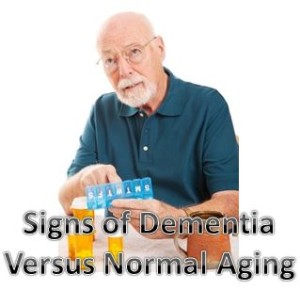

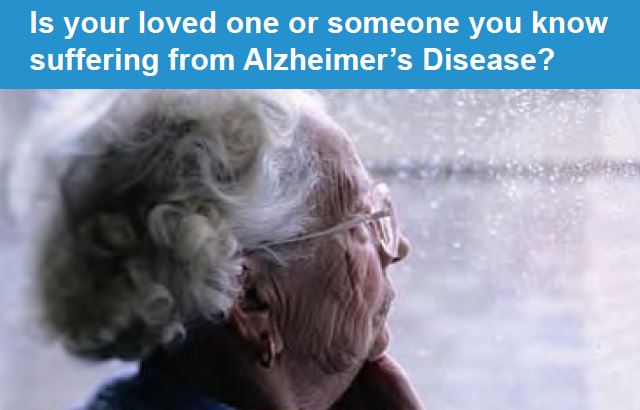
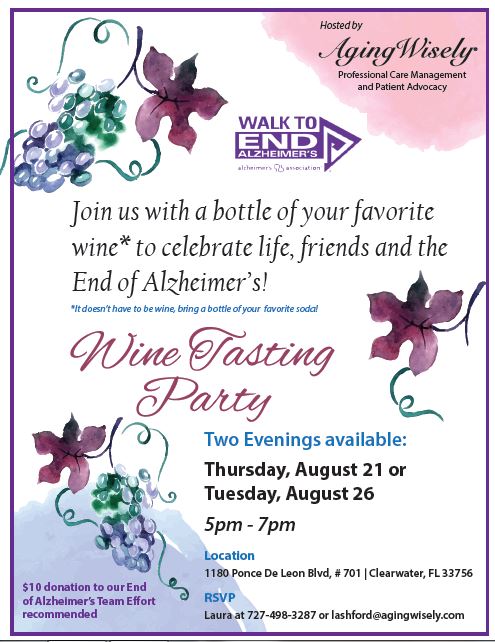
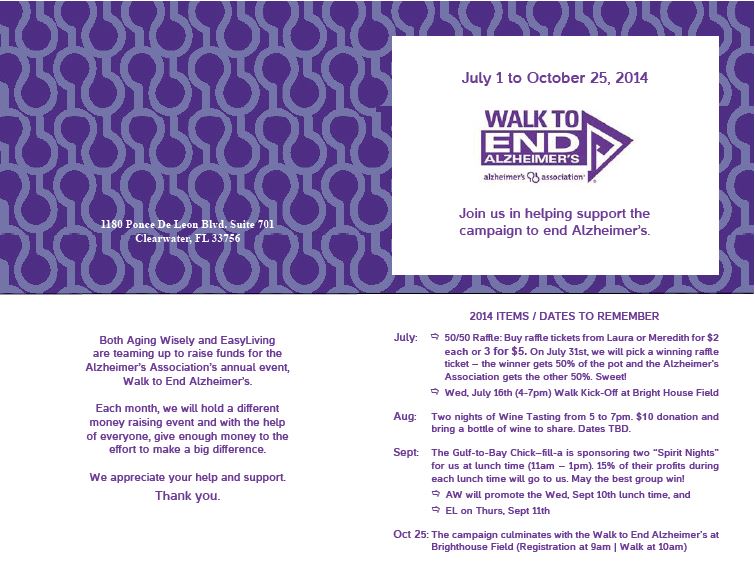
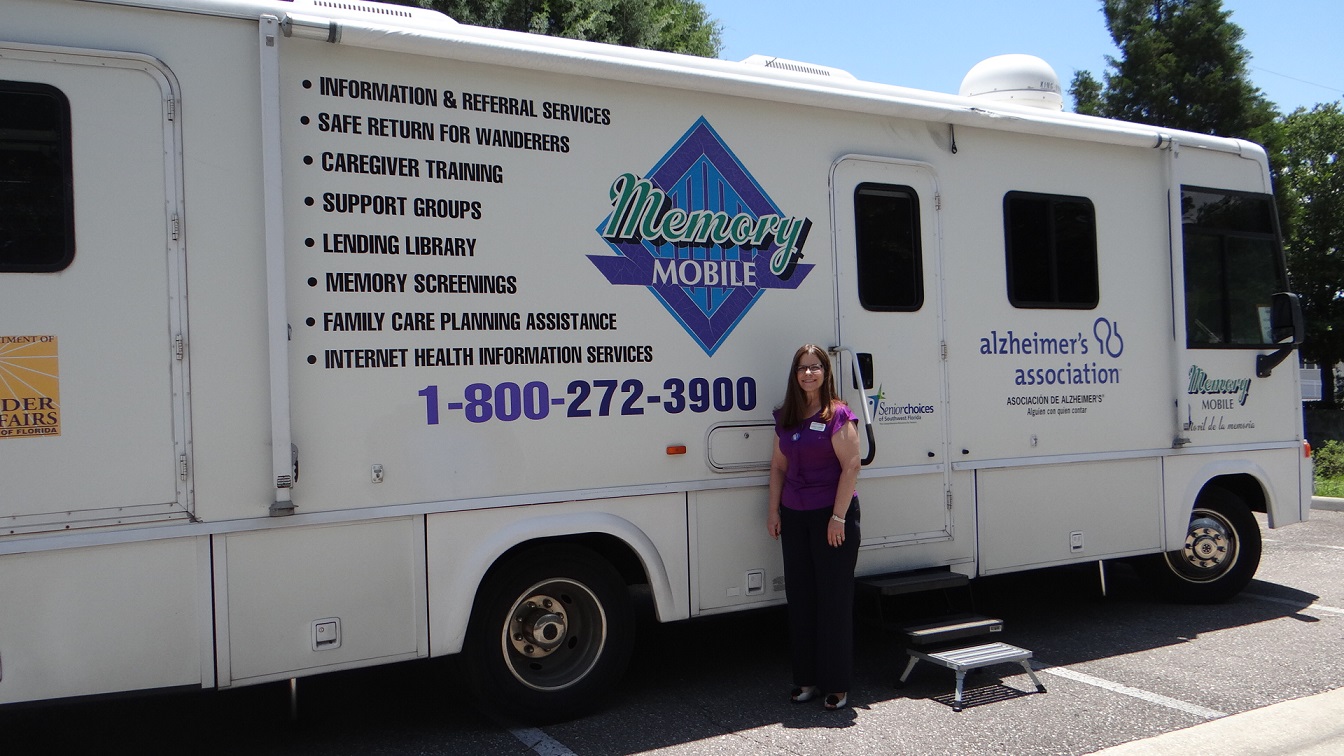



 Popular Downloads
Popular Downloads


 Get Our Newsletter!
Get Our Newsletter! Mission Statement
Mission Statement

